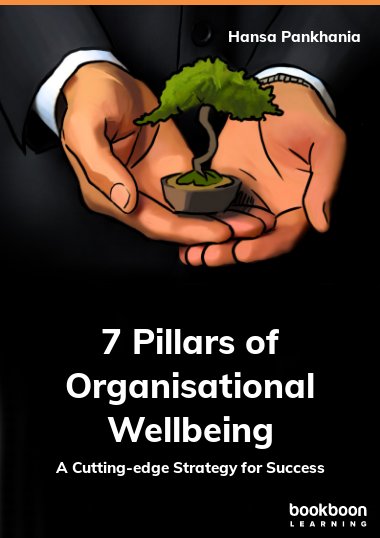This book is a must-read for managers wanting to stay ahead of the wellbeing agenda and reap the benefits of healthy, empowered and engaged employees.Contemporary wellbeing is not a ‘one size fits all’ model. It is tailored to both the individual and organisation and permeates all the layers of a company’s culture.The 7 pillars model is a cutting- edge framework for a conscious business culture, propelling productivity and profits using ethical and eco- friendly interventions.
About the Author
HANSA PANKHANIA is an acclaimed author and renowned coach and speaker on Wellbeing, Stress prevention and Resilience.The books and blogs Hansa writes guides you to integrate remarkably simple and small practices in your day that will nourish your body, mind, and soul. She is also an expert in Manager and Corporate Wellbeing having offered coaching and consultancy to over 300 companies.She has a national and international team of affiliates who are committed to promoting individual wellbeing as well as helping you develop mindful, compassionate, thriving workplace cultures.


